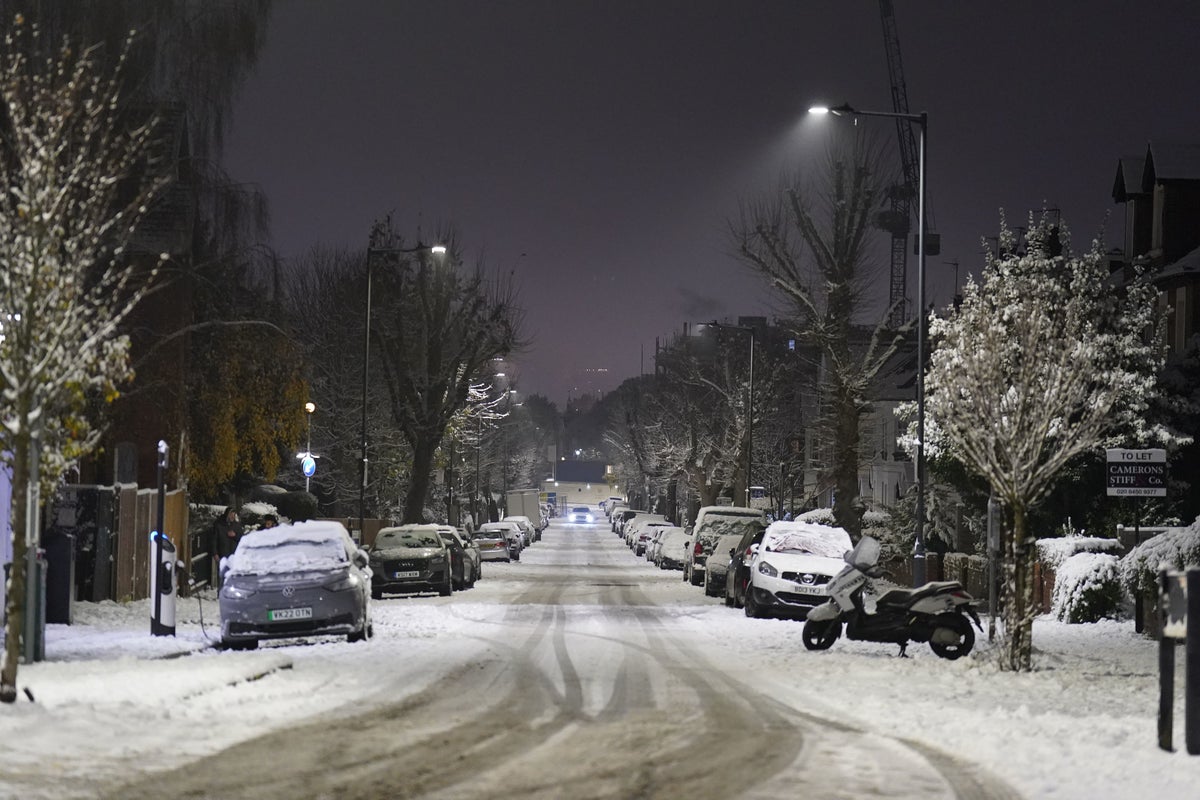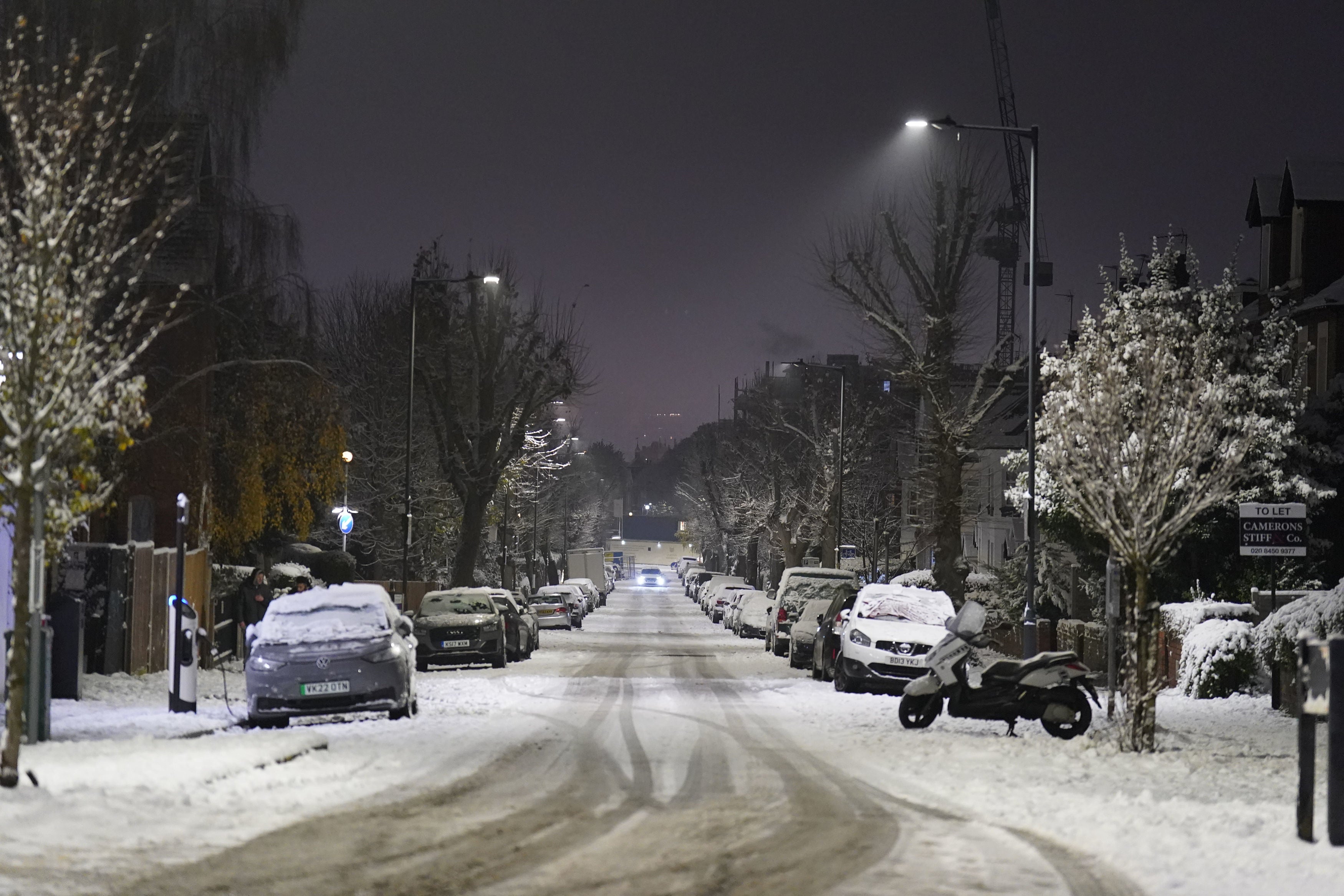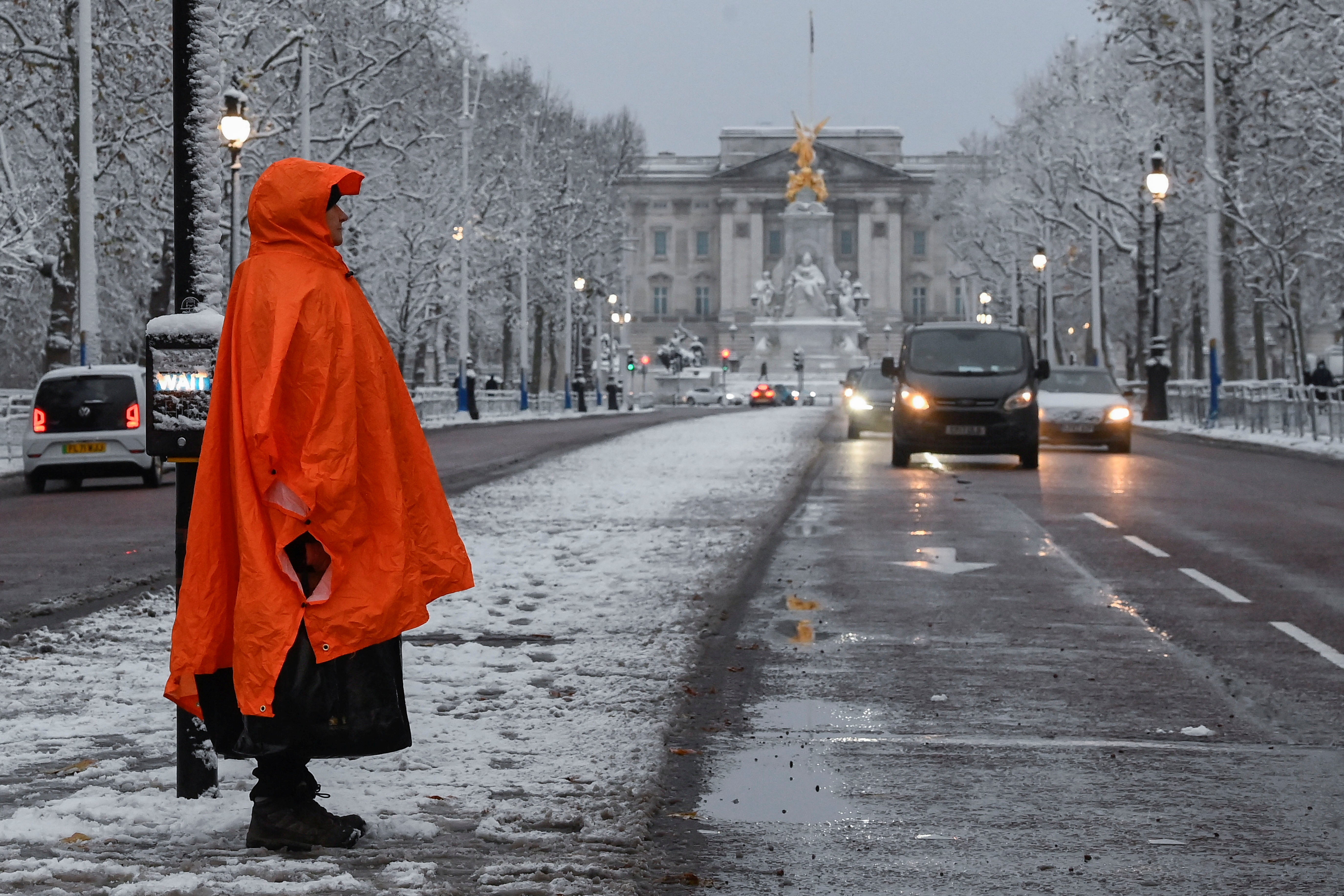
The National Grid instructed two emergency-use coal generators to start warming up on Monday morning as cold weather sparks fears of a supply shortage.
The electricity grid operator said that it had asked the “contingency” plants to prepare for operation to “give the public confidence in Monday’s energy supply”. It later confirmed that the power plants had been stood down after the country’s energy needs were met without need of the generators.
The two generators “will be available to the ESO [Energy System Operator] if required”, the operator said.
The National Grid insisted that “the public should continue to use energy as normal”.

It is the first time this winter that the operator has had to consider using coal power plants.
The Guardian reported later on Monday that, following the instruction to put the power stations on emergency standby, the two power stations were no longer needed.
Britain’s energy needs will be met by other sources, such as windpower, the paper reported.
“The two coal units at Drax that were warmed up have been stood down”, the National Grid ESO confirmed.
The standby notice comes after the Department for Business, Energy and Industrial Strategy this summer asked to delayed the closure of the Drax power plants until after winter to help shore up the country’s energy supply
The cold weather is forecast to increase electricity demand in the UK to the highest level so far this season.
Weather conditions have also cut wind power generation, with wind generating only about 3 per cent of Britain’s electricity on Sunday afternoon.
Power prices have surged to a record high due to the cold temperatures. The cost of power at the peak hours of 5pm-6pm on Sunday was at a record £2,586 a megawatt-hour.
Snowfall on Sunday evening forced airports to close their runways and some drivers stranded.

Road users in the south east are being asked by National Highways not to travel unless it was essential due to heavy snow already falling on Sunday evening.
Snow severely impacted the M2, the M20 around junctions 8 and 9, the A21 and the A249, the organisation said.
Both Gatwick and Stansted airports had to close their runways to clear snow on Sunday.
All flights have been suspended at Stansted Airport and Heathrow and Gatwick have also cancelled or delayed flights.
In Wales, demand on the ambulance service has “exceeded its capacity to respond” to calls.
“Extreme weather, coupled with a high call volume focused on falls and breathing issues overnight, has limited our capacity to respond safely and timely,” said director of the Welsh Ambulance Service Lee Brooks.
In England, the Met Office have issued another weather warning for ice, covering the East Midlands, East of England, London and South-East England.
“Lying snow and icy patches will lead to difficult travel conditions during Monday and into Tuesday. Icy patches on some untreated roads, pavements and cycle paths - Some injuries from slips and falls on icy surfaces,” the warning said.







